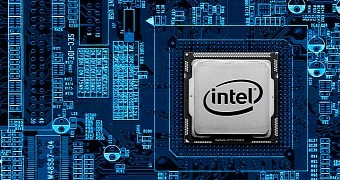Intel is officially moving to the Windows Modern Drivers platform with the company’s very first Universal Windows Driver, which provides optimizations specifically aimed at UWP apps.
Beginning with Windows 10 version 1809 (October 2018 Update), Microsoft requires companies to release Windows Modern Drivers, and Intel says that beginning with today’s release, it would only ship this kind of drivers.
The old versions, which will continue to be available, will be considered legacy drivers, and while you’ll be able to roll back from modern to legacy, this is a step that is not recommended.
“After a driver has been updated to a Windows Modern Driver, it's possible to roll back to a legacy driver. However, rolling back isn't recommended as it involves a complex process that could result in system instability. This system instability is especially pertinent to graphics drivers,” Intel says.
However, you can update legacy drivers directly to the Modern Windows Driver, and installing today’s release will automatically move your computer to the new system.
What’s new in this driver update?
This new driver version introduces support for a total of 12 different games, as well as new features like automatic Game Tuning updates, reduced RAM usage in OpenGL mode, Vulkan driver stability improvements, and refined battery life when using Display Refresh Rate Switching on supported monitors.
Intel says its Windows Modern drivers require an Internet connection because they automatically try to download the Intel Graphics Control Panel from the Microsoft Store.
“Microsoft is changing the way that hardware drivers work on the Universal Windows Platform (UWP), Windows 10 (and later), and Microsoft Windows Server 2019 (and later). Hardware running on these operating systems can use Windows Modern Drivers (also known as Universal Windows Drivers - UWDs). Intel will begin distributing Windows Modern Drivers for its products beginning in November 2018,” Intel says.

 14 DAY TRIAL //
14 DAY TRIAL //